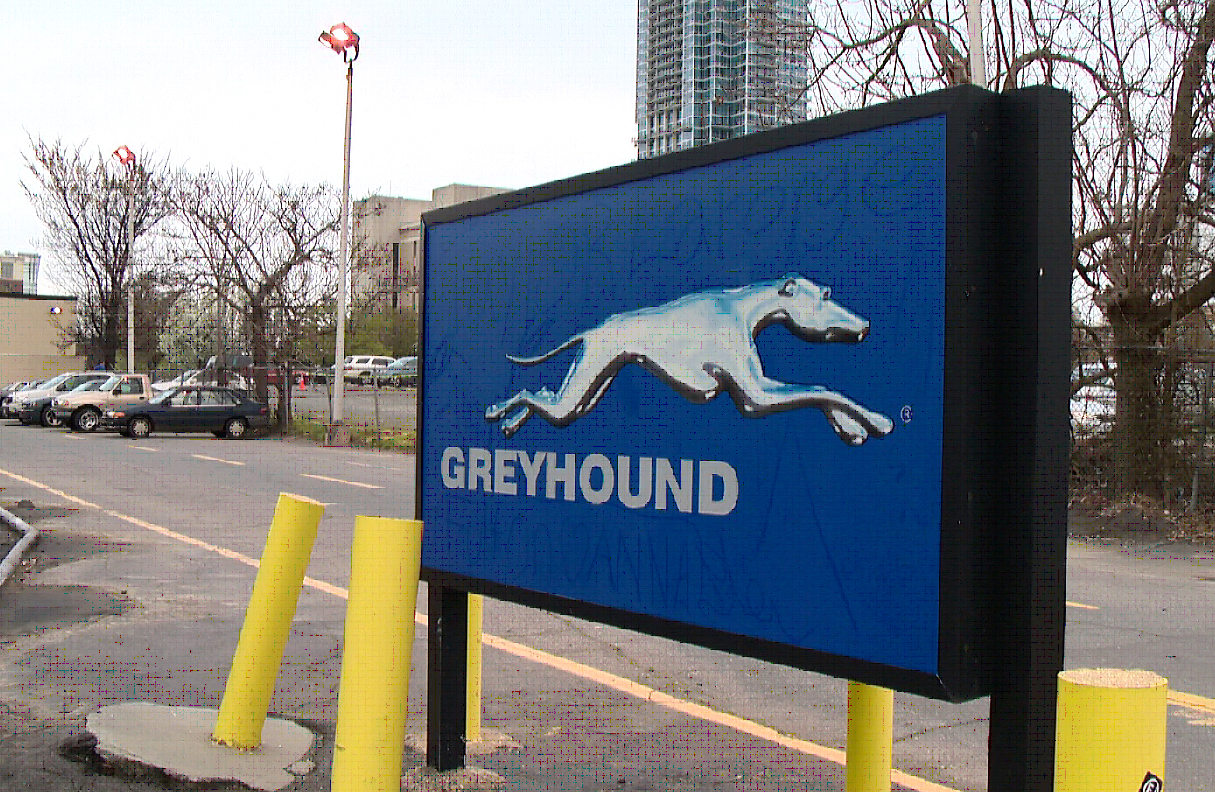CHARLOTTE, N.C. -- Project leaders say the Gateway Station Project is right on track.
The idea is to give people one central place to go, whether they want to take a bus, ride the light rail or the street car, or even board an Amtrak train.
The project has been in the works for nearly a decade. Once completed, the multi-modal transit hub will occupy two city blocks.
The existing Greyhound bus station located near 4th & Graham Streets would be demolished, and a high-level facility would go up in its place.
On Wednesday night, the Metropolitan Transit Commission (MTC) approved the revised municipal agreement, originally signed in 2009, between the City of Charlotte and NCDOT.
Tina Votaw, CATS Transit Oriented manager tells NBC Charlotte, despite the city's budget shortfall, a project like this is independently funded through various sources, and remains on solid ground.
"The Charlotte Gateway Station project would be funded through CATS, through our existing half cent sales tax, and that is not affected by the discussion underway right now at the General Assembly," she said.
90-percent of the land has been acquired.
"We have one more parcel to acquire that is the Greyhound parcel," said Votaw.
"We want them to be in the project, they want to be in the project, the state wants to acquire that land, so that will be one of the next moves, this summer into the fall."
The multi-model hub is part of the city's 2030 transit corridor system plan.
The gateway project would link the Red Line, the city's streetcar Gold Line, and house Amtrak and Greyhound services along the two-block area, near the Lynx Blue Line.
CATS buses, taxis and shuttles could also service passengers from the hub.
Portions of the project remain unfunded. Votaw says they have secured federal grants several years ago, but will continue to seek other revenue sources.
"Unlike these large public works project like the Blue Line extension, multi-model projects are not funded with these massive funding agreements. We tend to get our money in much smaller buckets, there fore it takes longer," she said.
Votaw says the facility could be ready around the time phase two of street car opens in 2018-2019.
The project includes adding retail, office, and possibly residential space.
Votaw says there are plenty are opportunities for public-private partnerships, and hope a project like this will spur more development in the area.
"We are not in the office building business or in the development business in building apartments. So that is the kind of thing that once we assemble the ground, once we define the transportation modes, then a private-partner could come in and say let me build an office building, and that could provide revenue that could be fed back into the system."


